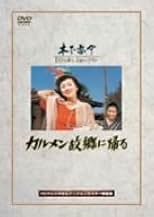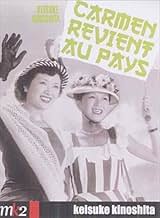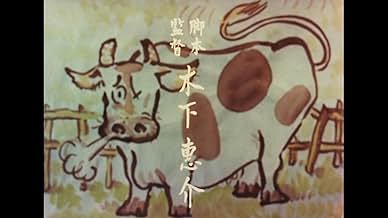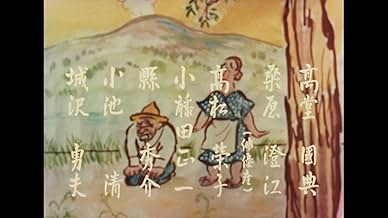Kin Aoyama (stage name Lily Carmen), who had run away to Tokyo as a young girl, triumphantly returns to her traditional home town as a successful artist, although not in any art form that the locals were expecting. This bright, fun comedy was Japan's first colour production, something that Carmen and her friend and fellow artist Maya's vivid outfits make the most of. Hideko Takamine is excellent as the brash but somewhat fragile ecdysiast and much of the humour revolves around her relationship with the various men in the town, including her father who is appalled at her choice of profession. There is little mention of the recently concluded war in the pacific (other than a teacher who was blinded) but the awkward, sometimes sad, often humorous, blending of Western culture (Carmen's 'look' is very American and her stage name is from the European opera) and traditional Japanese values (represented by her father, lecherously ignored by the rest of the men in the town) is central to the story. The film was a hit in Japan when it came out in the early 1950s but the humour has aged well and both the jokes and the a the star (and her character) should appeal to modern, international audiences. Followed by a much blacker, satiric sequel, 'Carmen's Innocent Love', which I found very odd, but very funny.





























